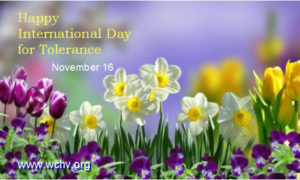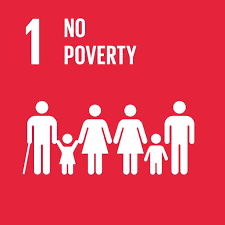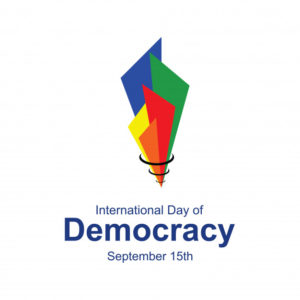 This day was created to encourage mindfulness and faith in human rights – in order to encourage equality and diversity across the world, the UN introduced The International Day for Tolerance in 1996. It followed the United Nations Year for Tolerance, which was 1995, in order to observe its teachings annually.
This day was created to encourage mindfulness and faith in human rights – in order to encourage equality and diversity across the world, the UN introduced The International Day for Tolerance in 1996. It followed the United Nations Year for Tolerance, which was 1995, in order to observe its teachings annually.
There’s no doubt that a world free of tolerance would not be a good place to be. It is the belief of those supporting this day that such a world should never exist – and that everyone has a right to their expression, religion, and their conscience without fear of bias or ridicule. In addition, it teaches that a persons racial or religious background is inconsequential to the potential for tolerance and friendship between them.
The UN defines tolerance as respect, appreciate and acceptance of the diversity of the world’s cultures and all the ways that we are human. It is a human right to receive, and should be expected to be practiced by not just individuals, but groups and states. Human rights is the core of this thought – as such, it supports the notion that humanity has the right to live in peace.
The International Day for Tolerance supports the notion that education is a key factor in preventing intolerance across the human race. On this day, we are encouraged to educate and learn how to practice solidarity between ethnic, social and cultural groups.



















